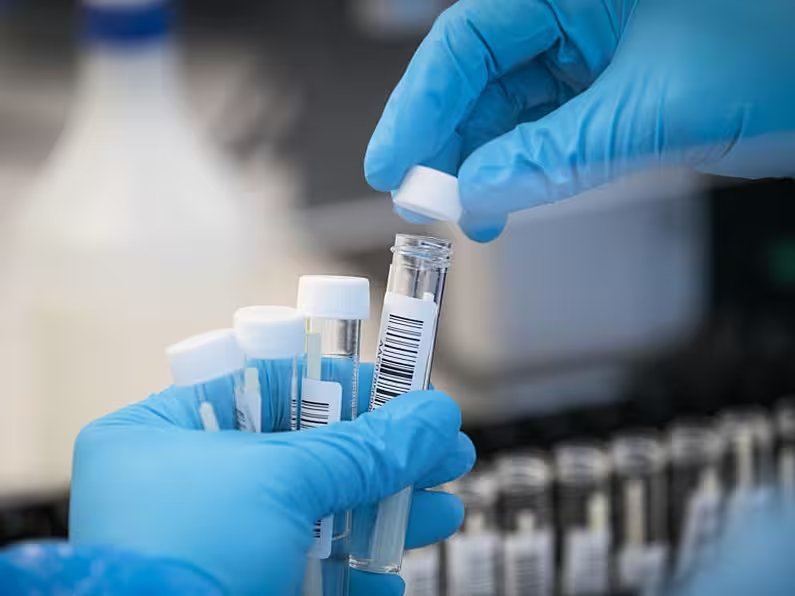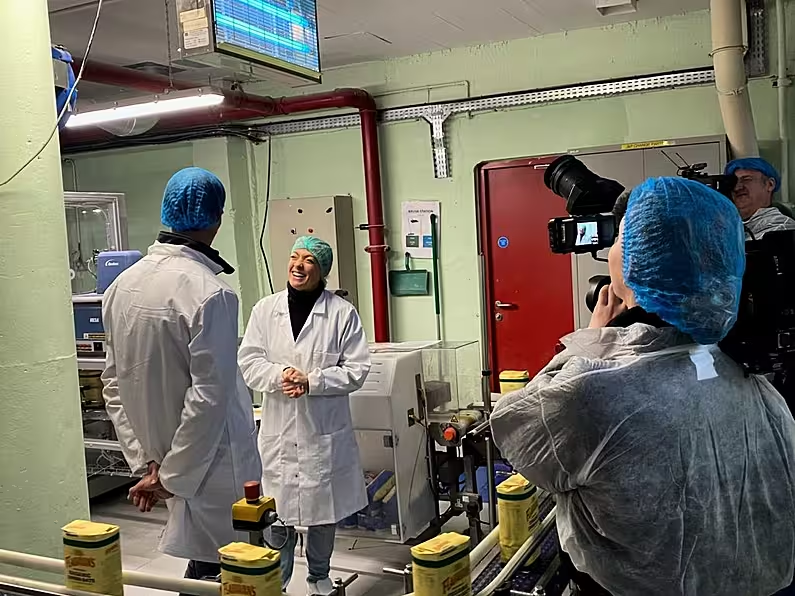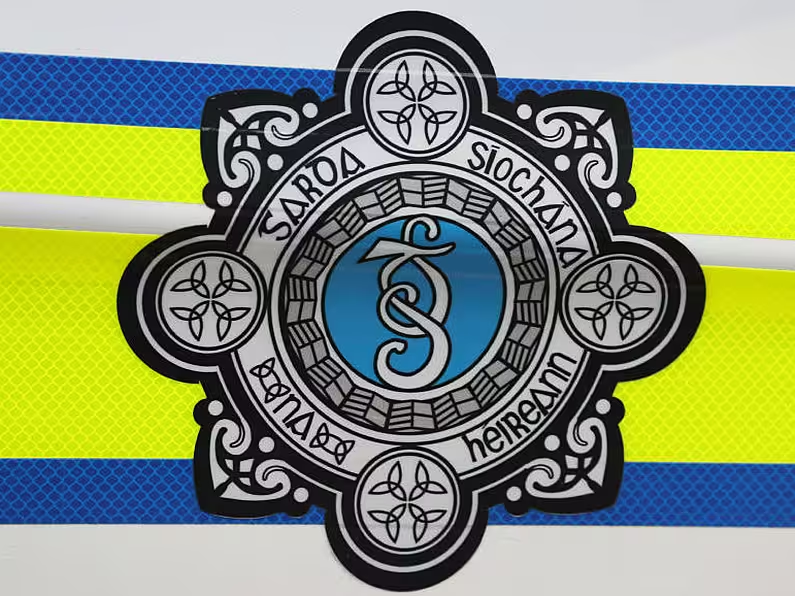Vivienne Clarke
The HSE’s lead on the vaccination and contact tracing programmes Damien McCallion has acknowledged that the number of Omicron cases is “substantially higher” than the levels officially recorded through PCR tests.
Speaking on both Newstalk Breakfast and RTÉ radio’s Morning Ireland, Mr McCallion encouraged anyone with a positive antigen test to act as if they had the virus and to follow public health guidance.
Access to PCR testing was “challenging” at present, he said, which was why changes had been introduced for people aged four years to 39.
He predicted that the testing system, which now has a capacity of 650,000 tests a week when PCR and antigen testing is combined, will remain “under strain” for at least a week.
“There are definitely higher numbers of the disease out there,” he said.
“We’re seeing this globally with all testing systems under strain given the high transmissibility of this particular variant.”
When asked about the number of people in hospital “with” Covid as opposed to those in hospital “because of” Covid, Mr McCallion said that the clinical feedback he had received was that there were “substantial” numbers in hospital because of Covid.
Covid hospitalisations
However, he said that there had been some encouraging signs as Covid hospitalisations had been gradual, and he hoped that was a trend that would continue.
When asked about a possible shortage of antigen tests in the country, Mr McCallion said that the HSE had sufficient supplies for the month of January and would continue to monitor the situation.
Registration for the vaccine programme for children aged five years to 11 years commenced on Monday, with 30,000 registering which was “a happy starting point” he said. While there were 480,000 children in this age group, the experience during the campaign for children aged 12 years to 17 years, had been that parents take their time to make such decisions and there had been a staggered uptake in that cohort.
“For day one that was good. It’s a much slower process.”
Mr McCallion encouraged parents to get information from “trusted sources” such as the HSE website which was updated regularly or to speak to their GP.
Meanwhile, the Covid adviser to the Irish College of General Practitioners Dr Mary Favier has described the PCR testing system over Christmas as “a real challenge”.
'Wall-to-wall referrals'
Last week had been a very busy time in general practice, she said. Out of hours services had been “wall-to-wall referrals” (for PCR tests) she told RTÉ radio’s Morning Ireland.
There had been a “large volume” of patients seeking PCR tests. It was “not an ideal way” to run a service “but needs must”, added Dr Favier.
While symptoms for Omicron so far seemed to be milder, it was still too early to say if fewer people were getting sick, she said.
“Thankfully, personally I have not yet had to send someone to hospital. It looks a little bit better, but it is too soon to say.”
Dr Favier urged the public to be careful as they return to work, college and school this week and to continue to observe public health measures such as social distancing and wearing masks.
If anyone had symptoms they should log on to the HSE website to report if they have a positive antigen test result, and they would then be referred for a PCR test. Even if they had a negative result, if they had symptoms people should self-isolate and follow the guidelines, she advised.












